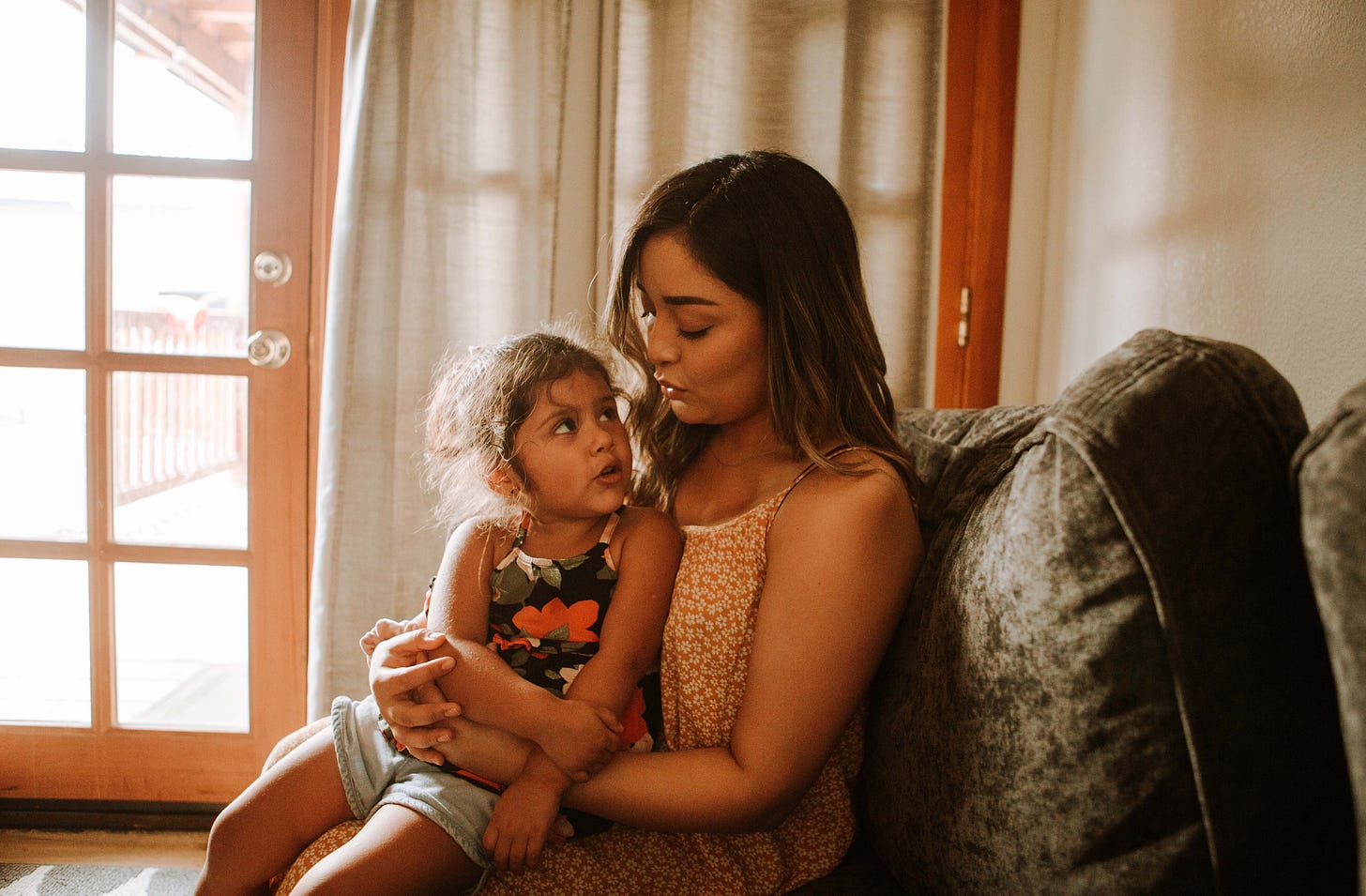How We Treat Mothers Is How We Treat Women
All the way back in 1995, Hillary Rodham Clinton famously said “Women’s rights are human rights and human rights are women’s rights.” That the statement was considered radical or controversial at that time is still mind boggling, even while we are still very much grappling with the concept of women as fully autonomous humans with the right to dignity and personal agency.
But I think there’s a corollary to be made about the relationship between women’s rights and mother’s rights. Too often we see attempts to drive a wedge between the interests of all women and the interests of mothers.
Research shows that women who are mothers are more likely to be impoverished, face wider wage gaps, and often have worse mental and physical health outcomes. But just as the effects of racism, sexism and other oppressions don’t only affect those they are aimed at, the negative effects of maternity don’t only affect mothers. All women, for example, face penalties at work due to perceptions about their possible future caregiving status.
On International Women’s Day I’d like to invite you to pause and reflect on what the world would look like if, as one example, we treated mothers better at work. This year’s theme – Embrace Equity – gives us the opportunity to consider whether we can ever achieve equity when mothers around the world don’t have access to the support and resources they need to flourish. In too many places they don’t even have what they need to survive.
The vast majority of women will, at some point in their lives, become mothers. (In the U.S. the stat is 86%.) How we treat mothers is how we treat women. Embracing and championing equity for mothers would take us very far down the road toward equity for all women.





